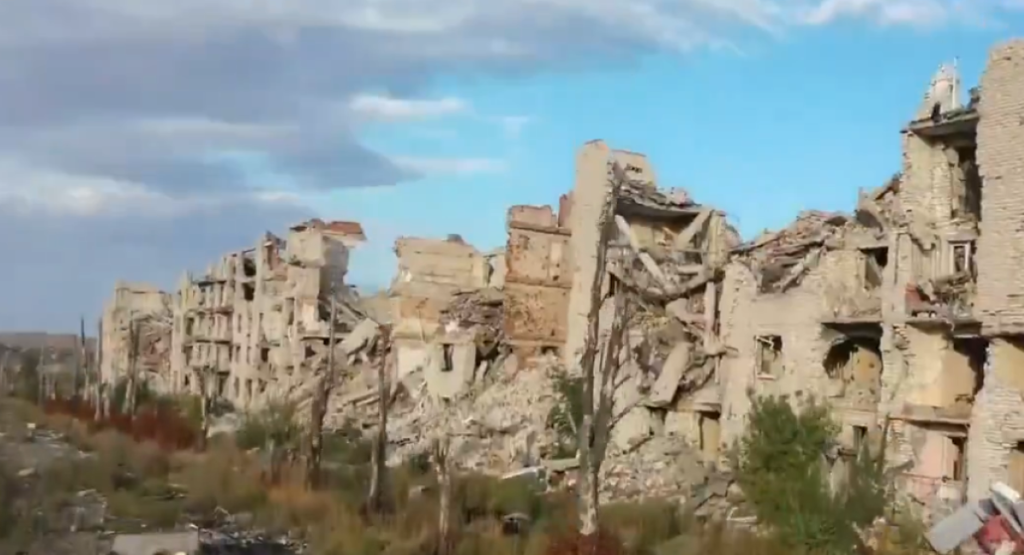Many Russians, especially those in poorer regions, view the war as a way to earn money.
Others are reading now
Ukrainian sociologist Oleksandr Shulha says most Russians are ready for the fighting in Ukraine to stop. According to his research, the idea that Russians won’t accept peace without gaining full control of Donbas is simply false.
In fact, he argues, a majority would welcome a resolution, regardless of how it’s framed.
War fatigue is widespread across Russian society

Shulha, who heads the Institute of Conflict Studies and Analysis of Russia, found that many Russians have grown tired of the prolonged conflict.
The war, once surrounded by patriotic rhetoric, is now largely seen as a burdensome and costly enterprise by ordinary citizens.
Financial incentives drive support more than ideology

Many Russians, especially those in poorer regions, view the war as a way to earn money.
Also read
Shulha explains that for these individuals, the conflict has become less about politics or patriotism and more about economic survival. Without these incentives, support dwindles fast.
A troubling acceptance of the status quo
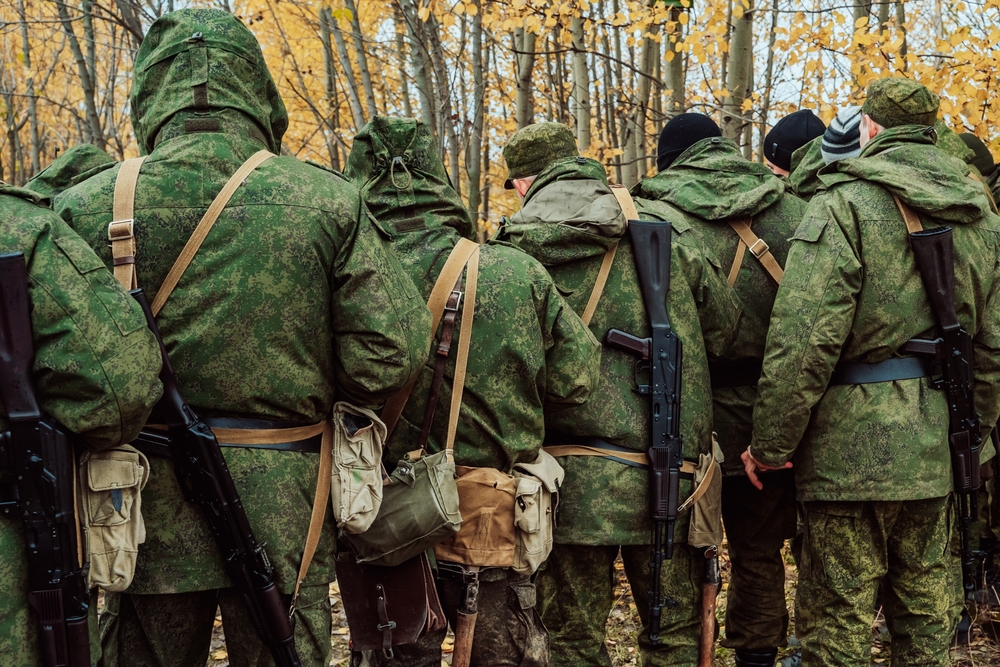
The sociologist notes that a significant portion of Russians have accepted the war as an unchangeable reality.
This resignation, where people no longer believe in the possibility of a different path, has helped sustain the conflict, even as personal enthusiasm fades.
Young Russians show little interest in war
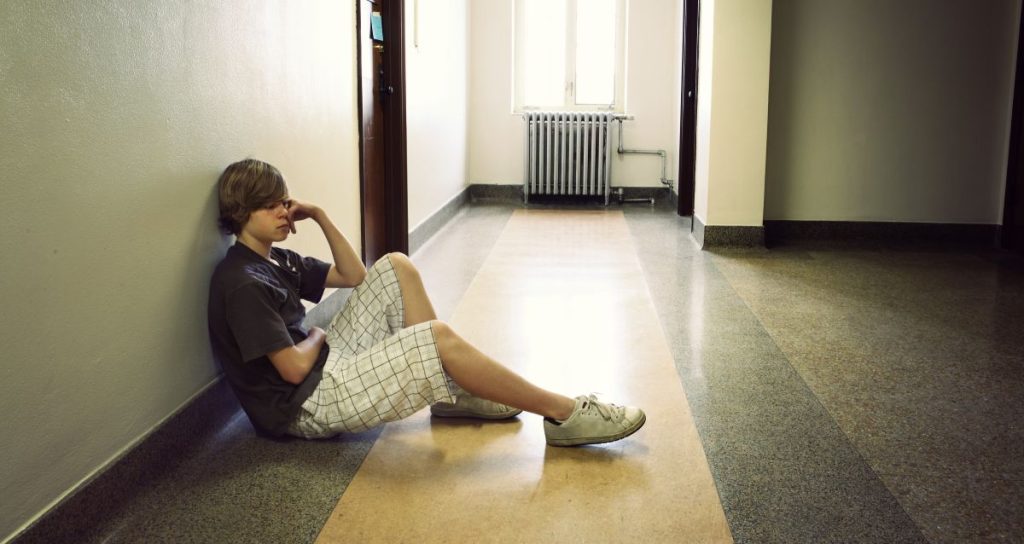
Research conducted by Russian firms backs up Shulha’s findings: younger generations are notably disinterested in military action.
Neither the promise of financial gain nor nationalist messaging seems to motivate them, suggesting a generational shift in values.
Also read
A lack of moral reflection worries experts

Shulha is particularly concerned by the apparent absence of public reckoning with the war’s brutality.
He says that few Russians are engaging in meaningful reflection about the violence and injustice involved, raising doubts about how deeply the war is questioned at home.
Russia prepared for future conflicts?
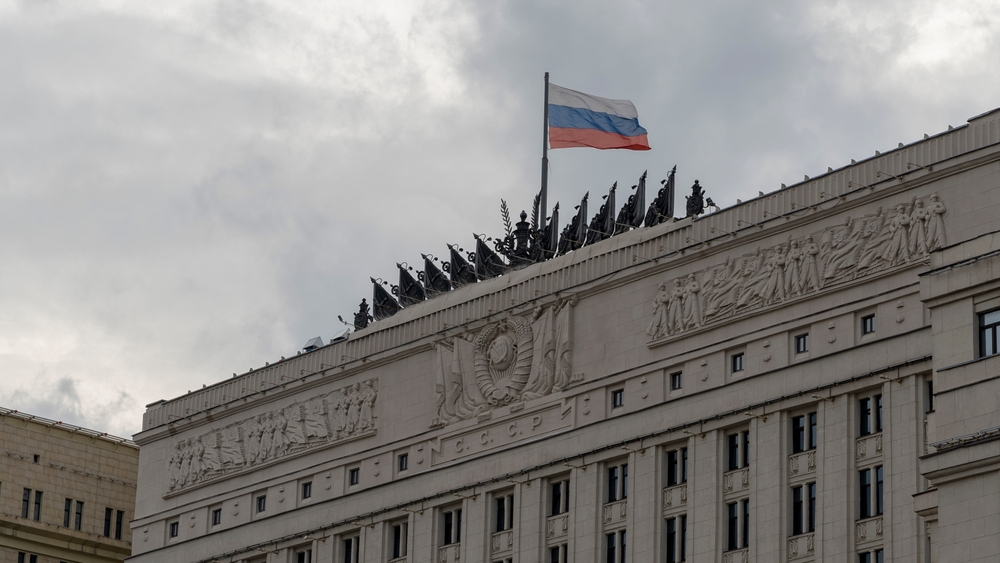
Despite war fatigue, Shulha says Russian society has been conditioned to accept new conflicts.
Years of state propaganda and crisis rhetoric have made many citizens surprisingly tolerant of the idea that more wars could follow.
Most Russians think it’s time to end military operations

Shulha’s research shows that many people would support an immediate halt to the so-called “special military operation.”
Also read
While some believe the mission’s objectives have only been partially fulfilled, the general consensus is: it’s time to move on.
The Kremlin’s version of victory would be accepted
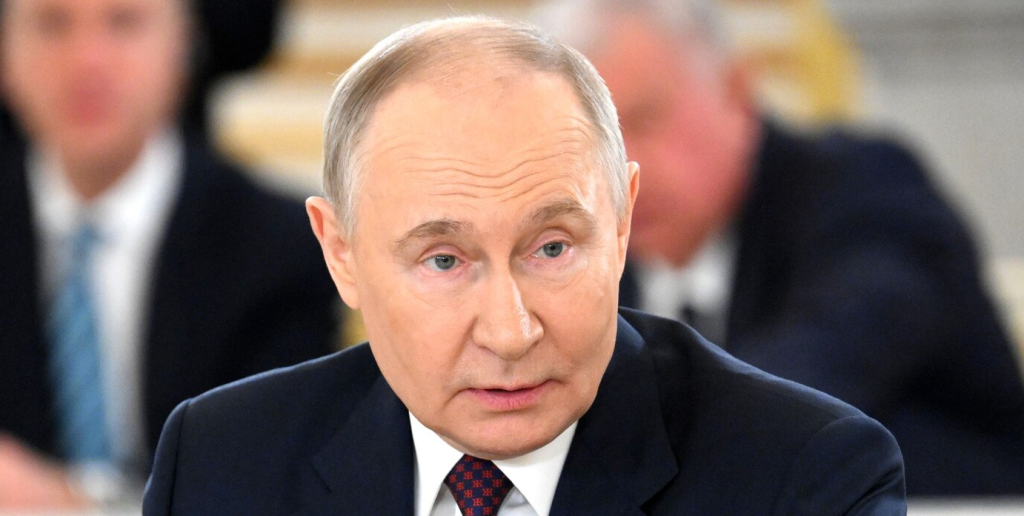
One of Shulha’s more striking conclusions is that most Russians would accept any version of the war’s end declared by the Kremlin as a “victory.”
This suggests that the leadership could scale back the war without sparking mass dissent, if the messaging is managed carefully.
But hardliners could cause trouble for the Kremlin
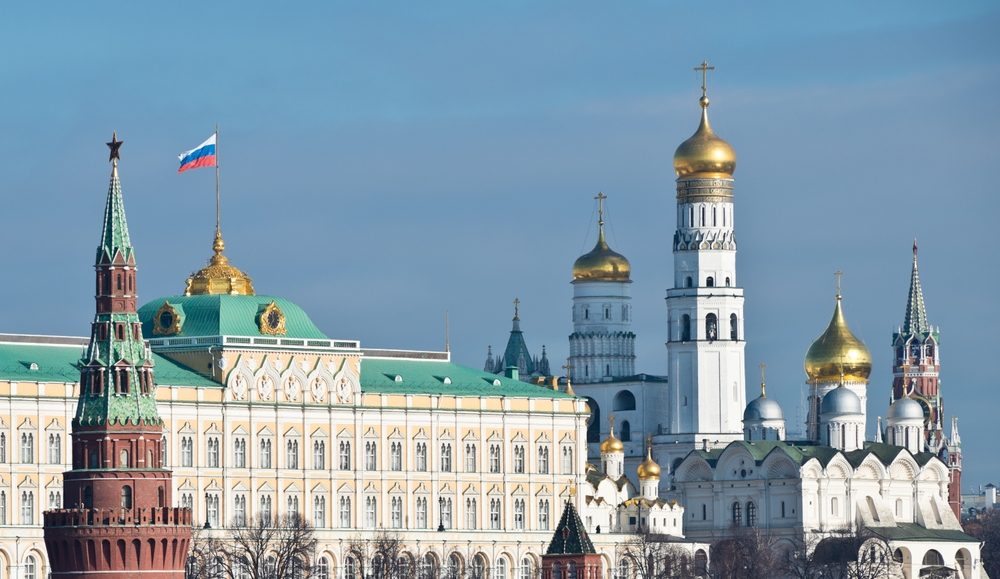
Still, Shulha warns that a small but influential group of radicals may oppose ending the conflict.
These voices, though not mainstream, could pressure the government to continue the war effort or reject peace efforts altogether.
Also read
Surveys tell a different story from state media

Unlike pro-Kremlin polling agencies, Shulha relies on telephone interviews that cover everyday concerns, economics, and personal views on the war.
He believes this method offers a more honest snapshot of public sentiment, one far removed from state-controlled narratives.
Russians want peace, not just propaganda
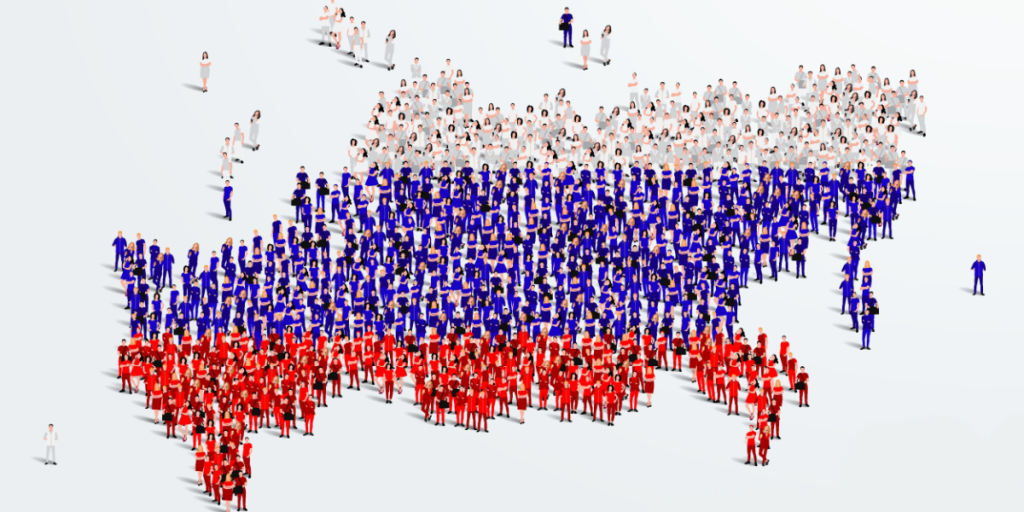
While official rhetoric paints the war as necessary and just, Shulha’s findings tell a different story: people want peace.
The desire to end the conflict cuts across age, class, and regional lines, challenging the idea that support for the war is widespread or unwavering.
Putin’s departure may not change much
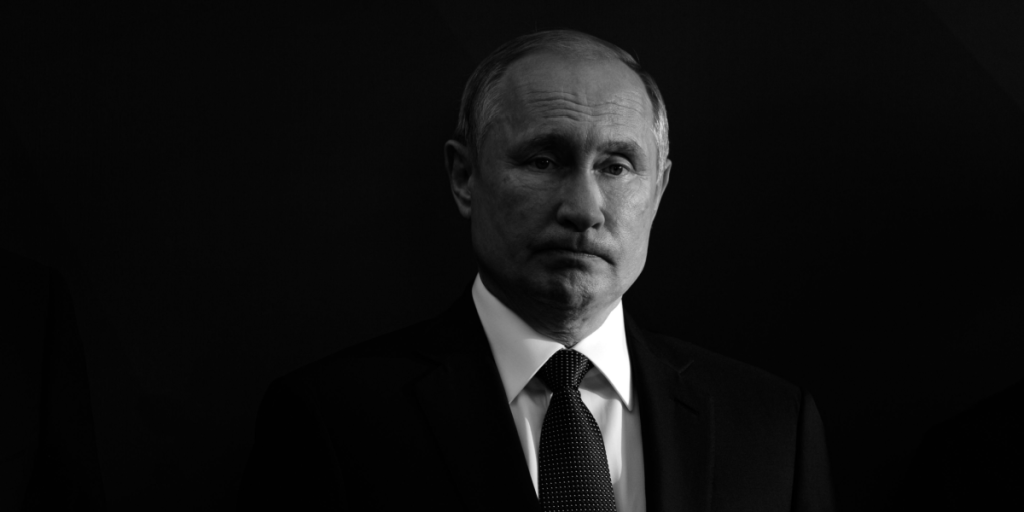
Finally, Shulha cautions against assuming that Vladimir Putin’s death or removal from power would dramatically shift public opinion.
Also read
The political and social structures that support the conflict, he argues, run deeper than one man.

